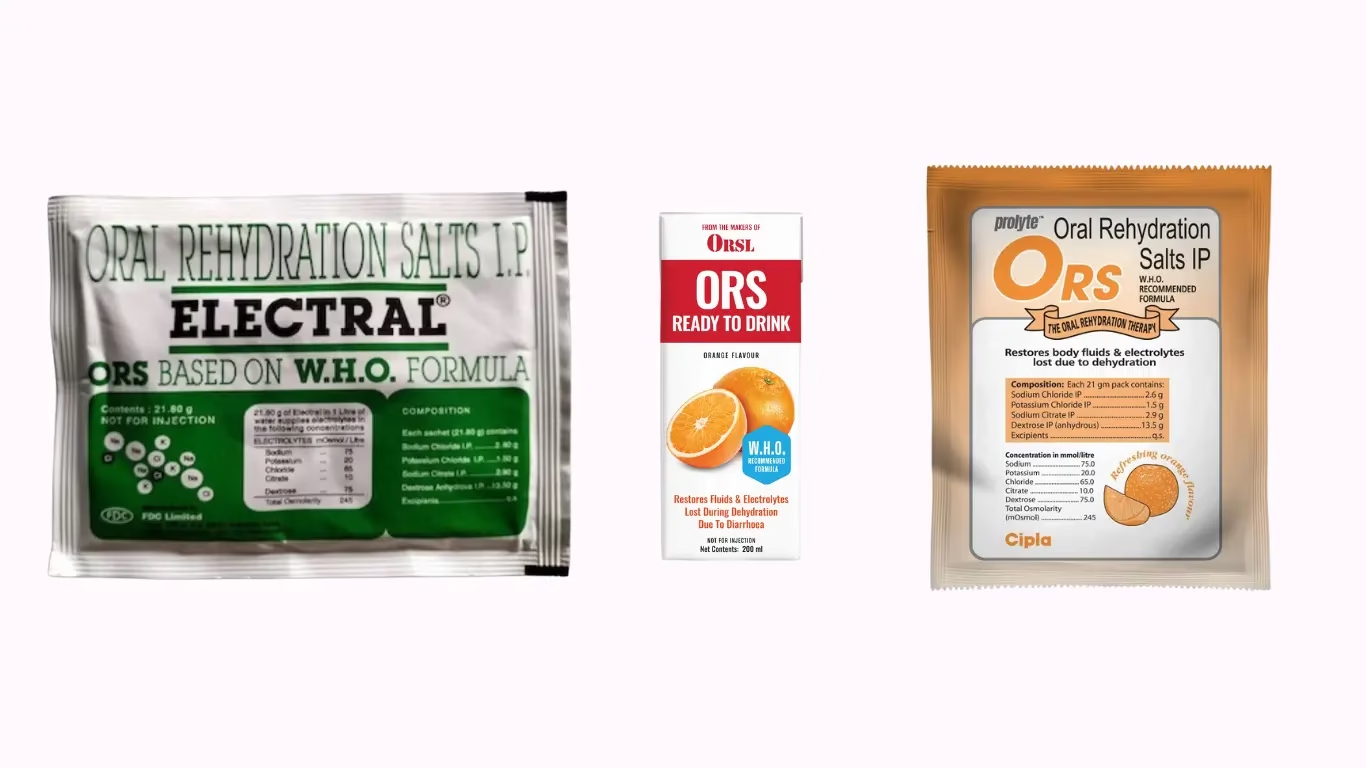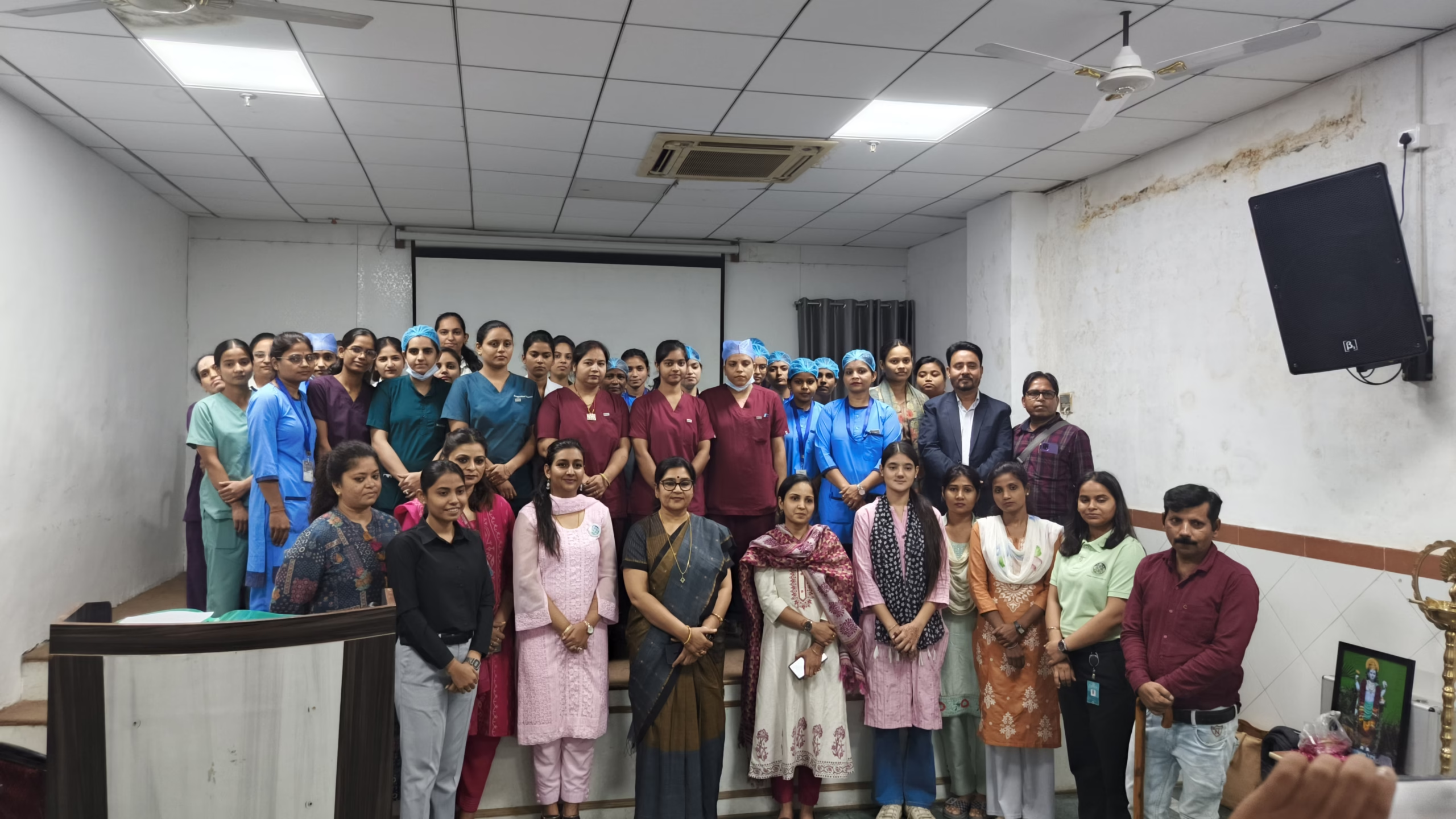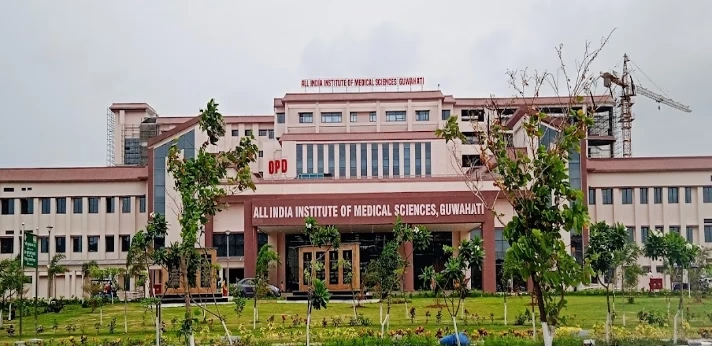In a concerted effort to bolster India’s public healthcare system, Union Health Minister J.P. Nadda has called for a focus on state hospitals, particularly at the grassroots level, including sub-health centres.This initiative aims to alleviate the burden on premier institutions in major cities like Delhi.Chairing the ‘Kayakalp Manthan’ in New Delhi, which included central government hospitals, NGOs, and senior officials from the Union Health Ministry, Nadda emphasized the importance of ‘janbhagidari’ (public participation) in achieving better health outcomes.
Nadda highlighted the transformative journey of the Kayakalp Scheme, launched in 2015 to promote cleanliness, hygiene, and infection control in public healthcare facilities across India.Initially implemented in 10 central government hospitals, the scheme has expanded to include 25 such institutions and numerous healthcare centres nationwide.In state government hospitals, the scheme operates through the National Health Mission (NHM).
A key discussion point was the public perception of government hospitals.Nadda urged stakeholders to identify and address root causes affecting the image of these institutions, including infrastructure issues, cleanliness, staff behavior, amenities, and management practices. Continuous monitoring, regular reviews, and effective enforcement are essential to maintain high-quality services across all healthcare institutions.
He also emphasized the importance of involving local communities and fostering a sense of ownership towards healthcare facilities to enhance the effectiveness of the Kayakalp Scheme.Concluding his address, he stated, “Kayakalp is more than just a cleanliness initiative: it represents a transformation in the delivery, conception, and execution of healthcare services.




